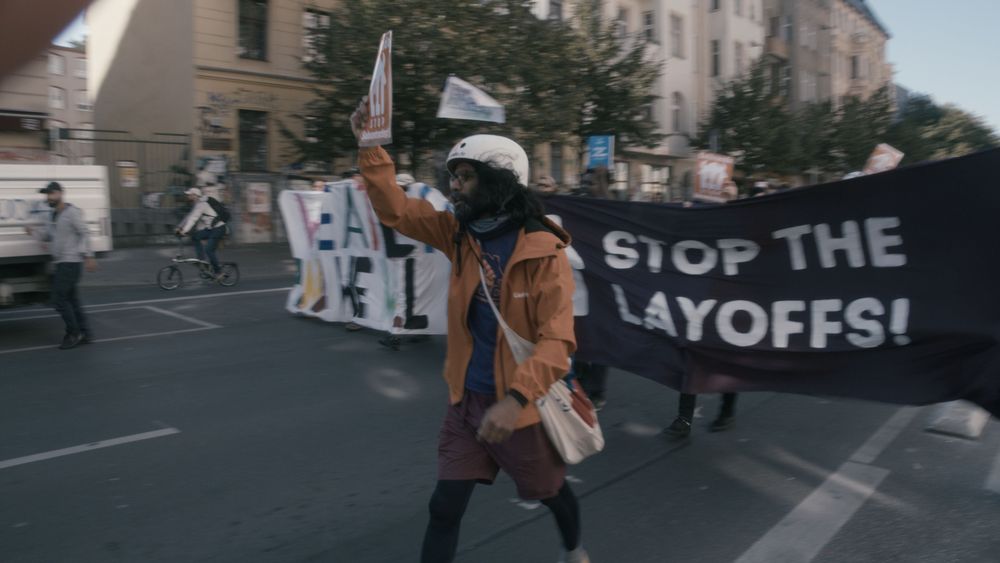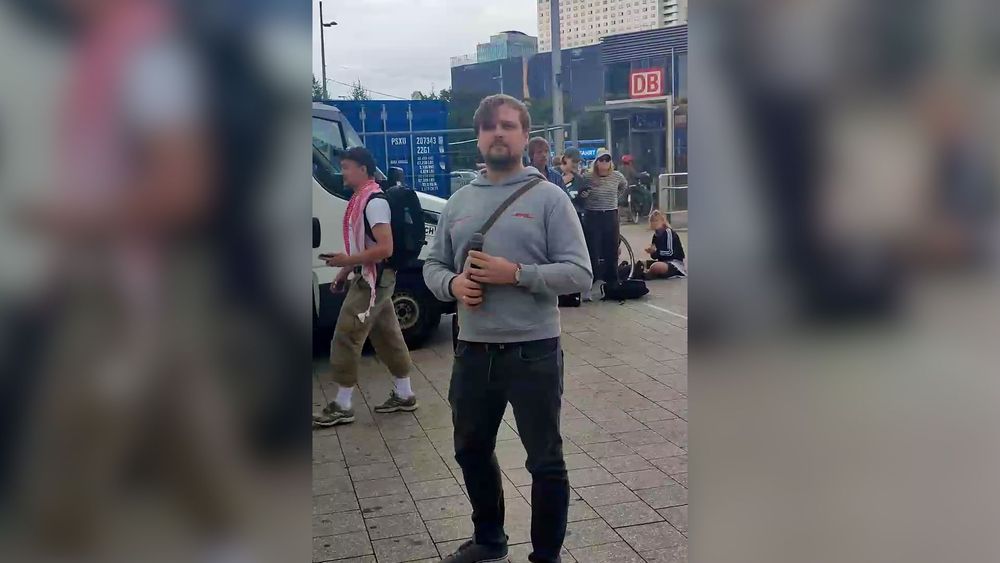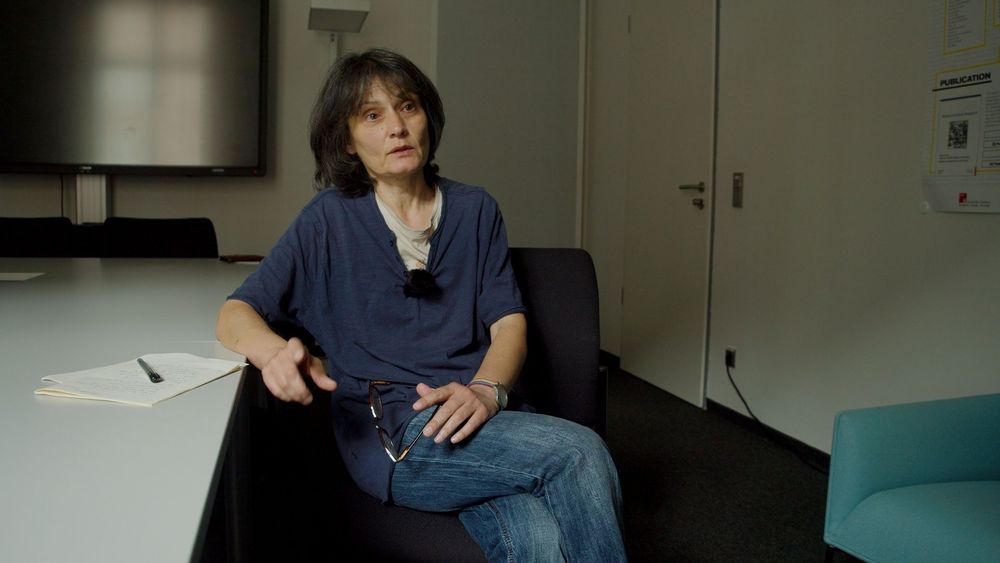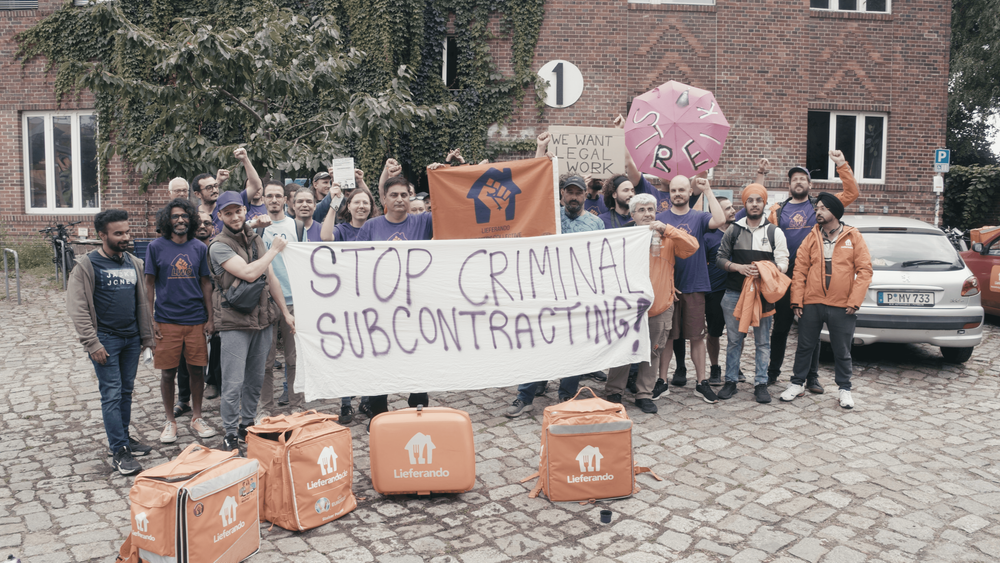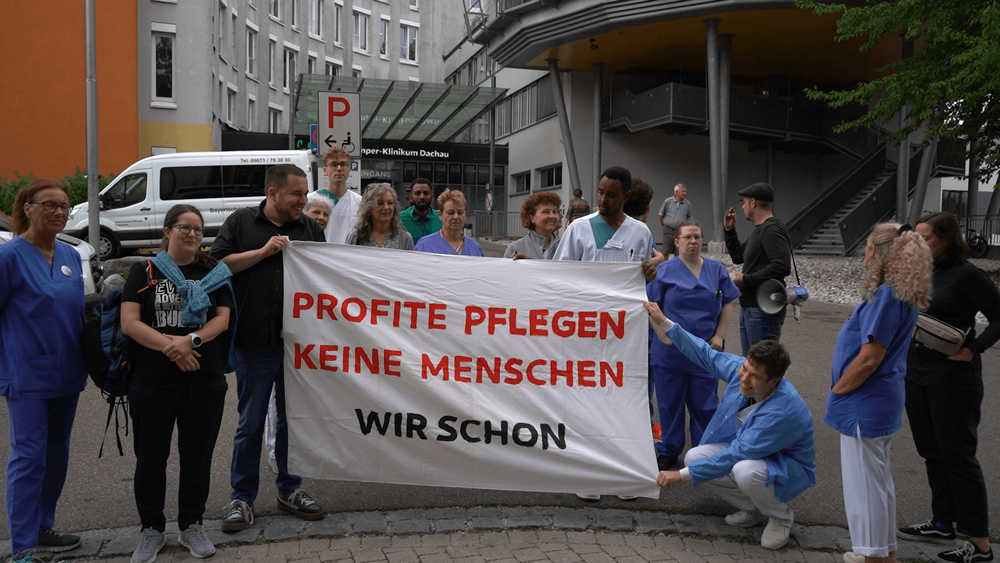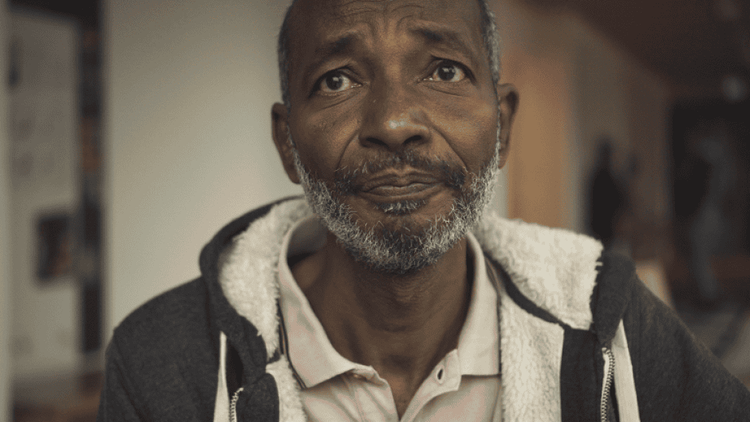
What is going on in Sudan?
Revolution, War and the Neighborhood Resistance Committees
Interview with Marwan Osman (Sudan Uprising Germany) and Mai Shatta (Kurve Wüstrow) from July 2023. Both are Sudanese activists in exile.
There are over 5,200 Neighborhood Resistance Committees in Sudan. They were formed from 2013 onwards because the Islamist government had destroyed the trade unions who had brought down dictators in 1964 and 1985.
In 2016, there was nevertheless a very successful political strike that lasted 3 days. After that, Neighbourhood Resistance Committees started to play an important political role.
The revolution in Sudan started in December 2018, with mass protests against the dictator Omar Al-Bashir , who had ruled the country for 30 years. He was overthrown in April 2019. A military council was then installed to form a transitional government. The people, however, demanded a civilian government and organised a sit-in in front of the military headquarters in Khartoum, with up to 100,000 people meeting in the evening. On 3 June 2019, the military council brutally dissolved the sit-in and killed 3,000 people: the Khartoum massacre.
Since state structures collapsed when the war began in April 2023, the Neigborhood Resistance Committees have acted as a de facto alternative government. They organise water, food, medical care, psychosocial support for those bombed out, safe shelters for women. They are currently trying to organise the harvesting of crops. Nevertheless, Sudan is in a humanitarian emergency situation. The world remains silent about the situation, while foreign capital buys up the fertile land. At the same time, the population lacks the most basic necessities, hardly any humanitarian aid arrives, because the big aid organisations do not recognise the Neighbourhood Resistance Committees.
Millions of people will starve to death if the harvest is not brought in.
"What we need from the global leftists is just to spread the word and put enough pressure on their governments to lift their hands from the Sudanese internal politics. If the international community distanced itself from supporting these dictators in Sudan, I think the Sudanese people are able to deal with them." (from the video)
Downloads and Sharing
Download VideoFurther Information
Sudan Revolution (wikipedia)Theses On The Sudan Commune (Ill Will)Musikvideo from the uprising in 2018Kurve WustrowSudan Is Holding Sit-Ins In Hopes Of Removing Military From Power (HBO), Mai 2019Soudan: Songs of the revolution, April 19, 2019Land Grabbing (wikipedia)Agriculture in rain fed are GadarefInterview: Anarchism in Sudan, August 2023

